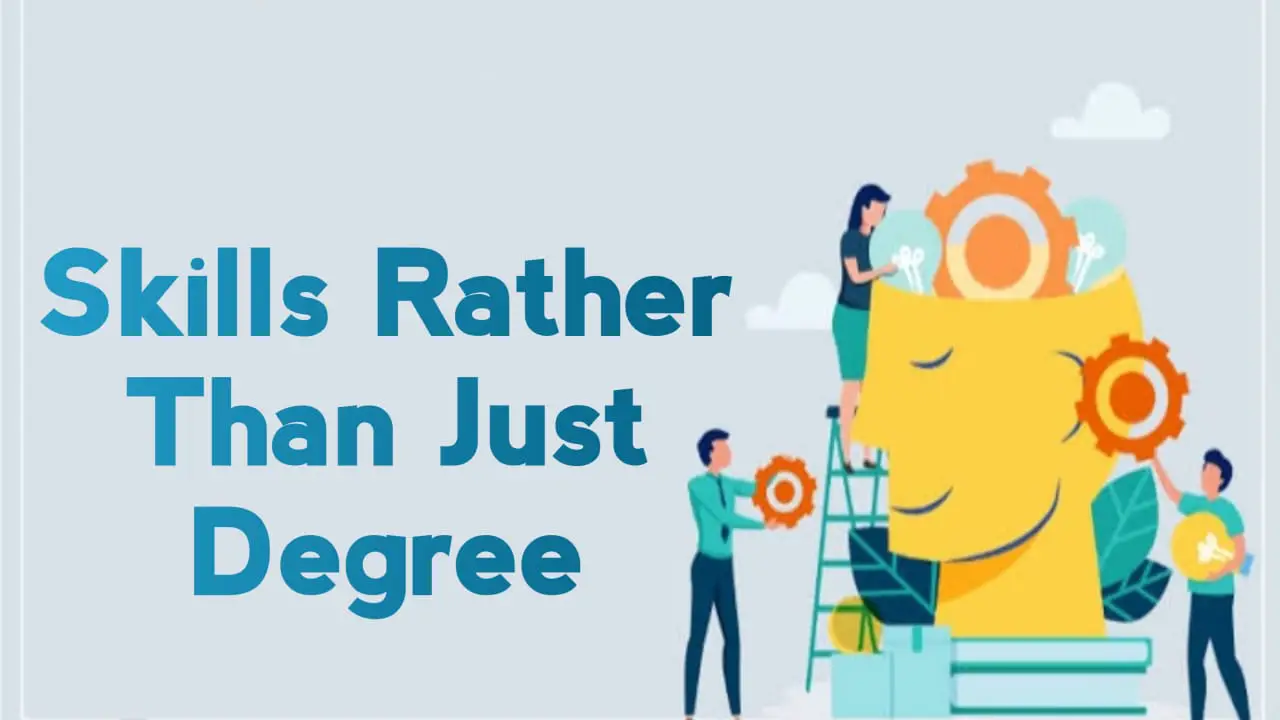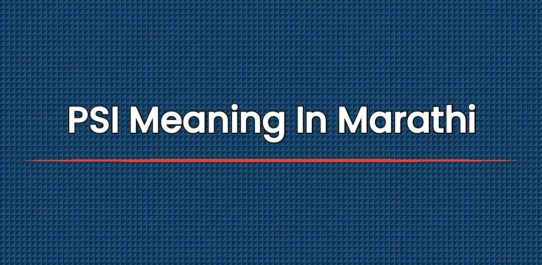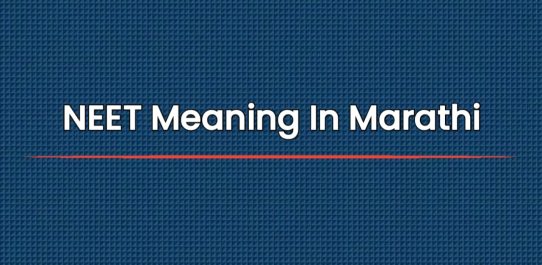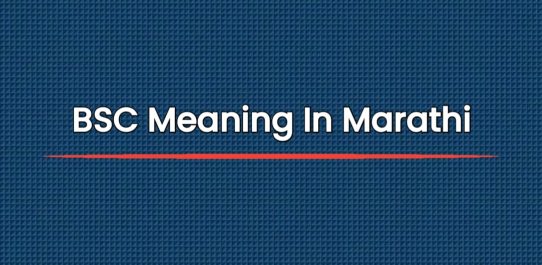Skills Rather Than Just Degree PDF Free Download
Skills Rather Than Just Degree In today’s rapidly evolving job market, the focus has shifted from degrees to skills as the primary determinant of employability. Gone are the days when a college degree alone could guarantee a successful career. Employers now value practical skills, adaptability, and real-world experiences more than ever before. In this article, we’ll delve into the importance of skills over degrees and explore how individuals can enhance their career prospects by emphasizing skills acquisition.

Introduction
The traditional career path of obtaining a degree and securing a job is undergoing a transformation. As industries become more dynamic and technology-driven, employers seek candidates who possess not only academic knowledge but also practical skills that can drive innovation and adapt to changing demands.
The Changing Paradigm of Employment
Rise of Technological Advancements
In the digital age, automation and artificial intelligence are reshaping industries. Routine tasks are being automated, emphasizing the need for employees who can operate, manage, and enhance these technologies.
Demand for Specialized Skills
Companies now require specialized skills that cater to their unique challenges. Skills like data analysis, digital marketing, coding, and project management are highly sought after, often outweighing the importance of a general degree.
Skills: The New Currency
Adaptability and Flexibility
In a fast-paced world, the ability to adapt to new situations and learn quickly is invaluable. Skills foster adaptability, allowing individuals to switch between roles and industries with ease.
Problem-Solving Skills
Employers value candidates who can identify issues and provide effective solutions. Problem-solving skills, honed through practical experiences, enable professionals to tackle complex business problems head-on.
Communication and Collaboration
Success in modern workplaces relies on effective communication and collaboration. These skills enable professionals to work cohesively in teams, share ideas, and drive projects to completion.
Education’s Role in Skill Development
Practical Learning Opportunities
While degrees provide theoretical foundations, hands-on experiences offer a deeper understanding of concepts. Internships, workshops, and practical assignments bridge the gap between knowledge and application.
Blending Academics with Real-World Application
Integrating practical projects into academic curricula enhances skill development. This approach ensures graduates enter the workforce with a well-rounded skill set.
Navigating the Skill Acquisition Journey
Identifying Personal Strengths
Individuals must assess their strengths and interests to determine which skills align with their career goals. Identifying passion-driven skills makes the learning process enjoyable and sustainable.
Pursuing Continuous Learning
Learning doesn’t stop after graduation. Embracing a mindset of continuous learning through online courses, workshops, and industry events keeps skills sharp and up-to-date.
Showcasing Your Skill Set
Building a Strong Portfolio
A portfolio showcasing practical projects provides tangible evidence of skills. It serves as a dynamic resume that demonstrates an individual’s capabilities to potential employers.
Networking and Personal Branding
Networking platforms and personal branding amplify the reach of one’s skills. Engaging with professionals in the chosen field opens doors to new opportunities.
Overcoming Challenges in the Skills-First Era
Addressing Skill Gaps
Identifying gaps in skill proficiency is the first step toward improvement. Targeted learning efforts can bridge these gaps and enhance employability.
Combatting the Stigma around Non-Traditional Paths
Society’s bias toward traditional degrees can be challenging to overcome. However, success stories of individuals who have excelled through skills-based routes are gradually changing this perception.
The Future of Employment
Evolution of Job Roles
As industries change, so do job roles. The skills acquired today may become essential for roles that haven’t even been created yet.
Lifelong Learning as a Norm
In the skills-focused job market, learning is a lifelong endeavor. Professionals must embrace the idea of continuously upgrading their skills to remain relevant.
Also Read This : Mandat Immatriculation
Embracing the Shift: A Conclusion
The shift from a degree-centered approach to skill-centric employment is a positive development for both job seekers and employers. This new landscape encourages personal growth, innovation, and adaptability. By recognizing the value of skills and taking proactive steps to acquire and showcase them, individuals can position themselves for success in an ever-evolving job market.
FAQs (Frequently Asked Questions)
Que : Is a degree completely irrelevant now?
Ans : While degrees still hold value, they are complemented by practical skills that enhance employability.
Que : What if my skills become obsolete?
Ans : Continuous learning ensures your skills remain relevant; be open to upskilling as needed.
Que : Are there industries where degrees still matter more?
Ans : Certain professions, such as medicine or law, may require specific degrees due to regulatory requirements.
Que : How can I prove my skills during a job interview?
Ans : Showcase your skills through real-world examples in your portfolio and confidently discuss your experiences.
Que : Where can I find resources for skill development?
Ans : Online platforms like Coursera, LinkedIn Learning, and Udemy offer a wide range of courses to enhance your skills.
Skills Rather Than Just Degree PDF Free Download
Click Here To Download PDF For Free








